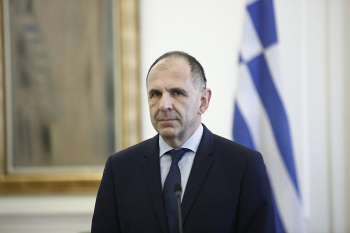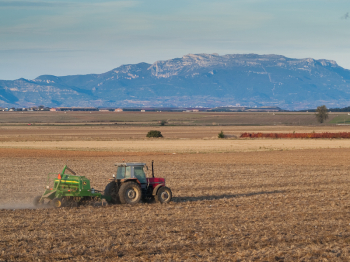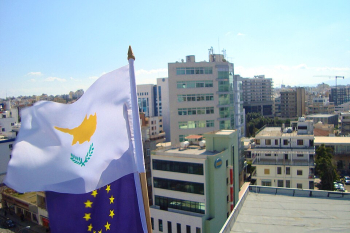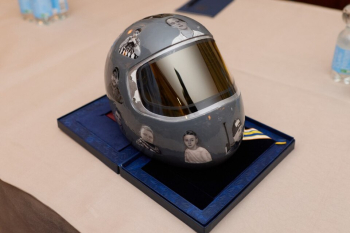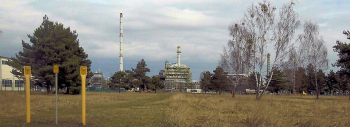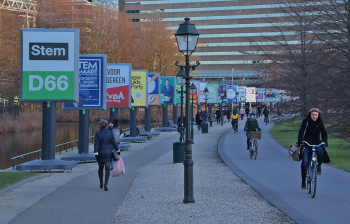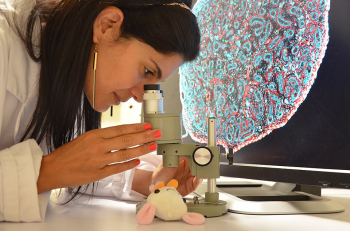
With less than three weeks until the EU elections, the far-right alliance in Europe is experiencing significant turmoil. France's National Rally announced on
Tuesday that it would not align with Germany's Alternative für Deutschland (AfD) in the next European Parliament. It remains unclear whether National Rally plans to leave the Identity and Democracy (ID) group or seek the expulsion of AfD.
Marine Le Pen's National Rally does not want to be in the same parliamentary group as AfD after the June 9 elections. Both parties are currently part of the ID group, which consists of 59 members and is the sixth-largest group in the European Parliament.
The ID group was expected to gain strong support in the upcoming elections, but its future is now uncertain as cooperation between two of its key parties is on the brink of collapse.
The crisis was triggered by a controversial interview given by AfD lead candidate Maximilian Krah to the Italian daily La Repubblica. Krah stated that he would "never say that anyone who wore an SS uniform was automatically a criminal," referring to German novelist Günter Grass, who admitted late in life to having been a member of the Waffen-SS as a teenager.
This statement has been poorly received, especially as National Rally has been distancing itself from its far-right past to attract mainstream voters. The relationship between the two parties began to fracture in November when AfD participated in a secret meeting of extremist parties in Potsdam, Germany, discussing the mass expulsion of immigrants. This meeting was heavily criticized by National Rally, with Le Pen threatening to end their cooperation.
Further complicating matters for AfD are a Chinese espionage scandal and alleged links to Russia, adding to National Rally's frustrations.
Le Pen's party, having spent years trying to rebrand and attract mainstream voters, cannot afford to be associated with extreme ideologies or the trivialization of Nazi atrocities, especially so close to the elections. National Rally's decision puts significant pressure on AfD, which is expected to meet on Wednesday to address the situation and Krah's position as lead candidate.
Meanwhile, Belgium's far-right Vlaams Belang, also part of ID, has expressed a more relaxed stance. “Which coalitions will be formed is for after the elections. We'll see. European cooperation is for afterwards. Flanders first.”, - the news agency Belga quotes a party representative.
However, the biggest problem for this party remains its close ties with Russia. As noted in the report by Gilles Ivaldi & Emilia Zankina, “The impact of the Russia–Ukraine War on ties between the Vlaams Belang in Belgium and the Putin regime,” published on March 8 by the Brussels-based European Center for Populism Studies (ECPS), the party leaders have close connections with the Russian ruling elite. It should be noted that the convenient location of this party near the decision-making centers in Brussels makes it one of the most important centers of opposition to Russian sanctions in Europe.

